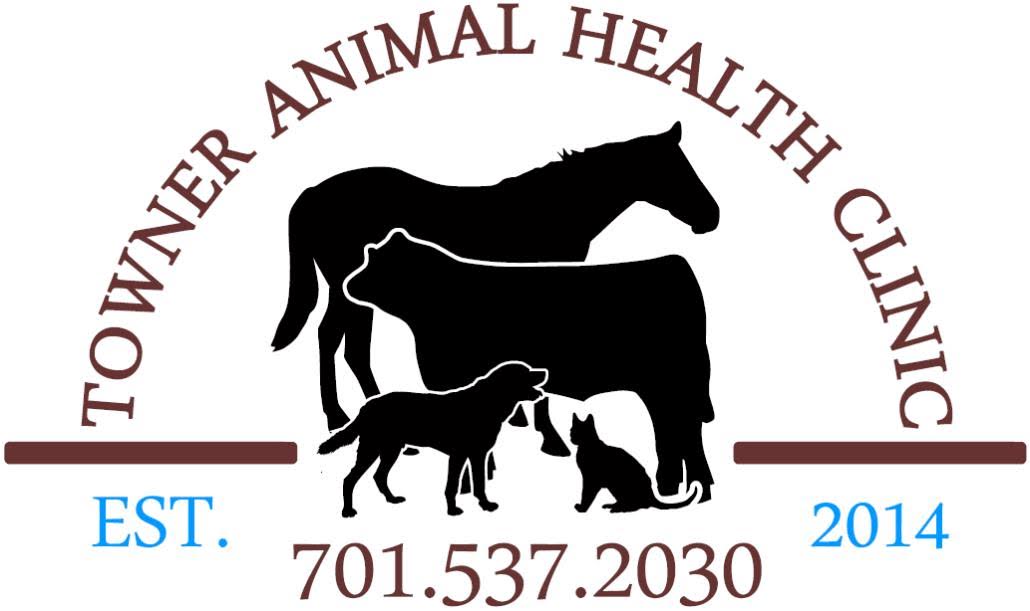Library
-
An adrenal cortex tumor is an abnormal growth of cells in the adrenal cortex. These tumors result in overproduction of cortisol and can be malignant (cancerous) or benign. In both cases, an adrenal cortex tumor can cause Cushing's disease in dogs. Malignant tumors can metastasize to other organs, including the kidneys, lymph nodes, and thyroid gland. The sooner a diagnosis and treatment plan can be determined, the better the outcome for your pet.
-
The adrenal medulla is responsible for producing hormones such as epinephrine, norepinephrine, and dopamine. An adrenal medulla tumor is the result of abnormal, uncontrolled growth of the cells that produce these hormones. These tumors may go undetected for a long time and clinical signs may be subtle. These signs could include weakness, excessive panting and restlessness, newly noted anxiety, and an increase in drinking and urination. The biggest concern with these tumors is their ability to continue to grow and invade local tissues, which can make surgical removal difficult or impossible.
-
Afoxolaner is a chewable tablet used to treat and prevent flea and tick infestations in dogs. It has also been used off-label to treat certain types of mange and mites.
-
Afoxolaner + milbemycin oxime is a heartworm disease preventive that also treats certain internal parasites and controls fleas and ticks in dogs. It is also used off-label to treat mite infestations in dogs. Certain dog breeds are more sensitive to milbemycin oxime than others; your veterinarian will advise you on the safety of milbemycin oxime use in your dog.
-
Afoxolaner/moxidectin/pyrantel (brand name Nexgard Plus) is a prescription combination parasiticide used in dogs. It is labeled for use as a preventative for heartworm caused by Dirofilaria immitis in dogs; to treat and control tick infestations in dogs caused by black-legged ticks, brown dog ticks, American dog ticks, and lone star ticks; to treat and control adult roundworm and hookworm infections in dogs; to kill adult fleas on dogs and to treat and prevent flea infestations.
-
Aggression may be defined as any threatening or harmful behavior directed toward another individual or group. There are many causes of aggression in dogs, including underlying illness, pain, fear, anxiety and frustration. Aggression at any age and any level should be discussed with your veterinarian.
-
Territorial behavior is a normal canine behavior, though territorial aggression can result in injury to a person or animal. Many dogs that exhibit territorial aggression have an underlying fear or frustration that contributes to their level of arousal. Territorial aggression may be preventable if recognized and addressed early.
-
An agility trial is a competitive canine sporting event where dogs of various breeds navigate obstacles and are judged on speed and accuracy. Agility training can be a fun activity with many benefits for you and your dog.
-
This handout discusses preparing to travel by airplane with your dog. This includes planning your flight, ensuring you are following import regulations for your country of destination, and what to do when your arrive.
-
Albuterol sulfate is a bronchodilator, used off label, to treat asthma and cough related to bronchoconstriction. It is administered as an inhalant in cats and by mouth, as a tablet, in dogs. The most common side effects include nervousness, shaking, fast heartbeat, and dizziness. Use with caution in pets with diabetes, hyperthyroidism, high blood pressure, seizures, heart disease, abnormal heart rhythms, or pregnancy. If a negative reaction occurs, call your veterinary office.

